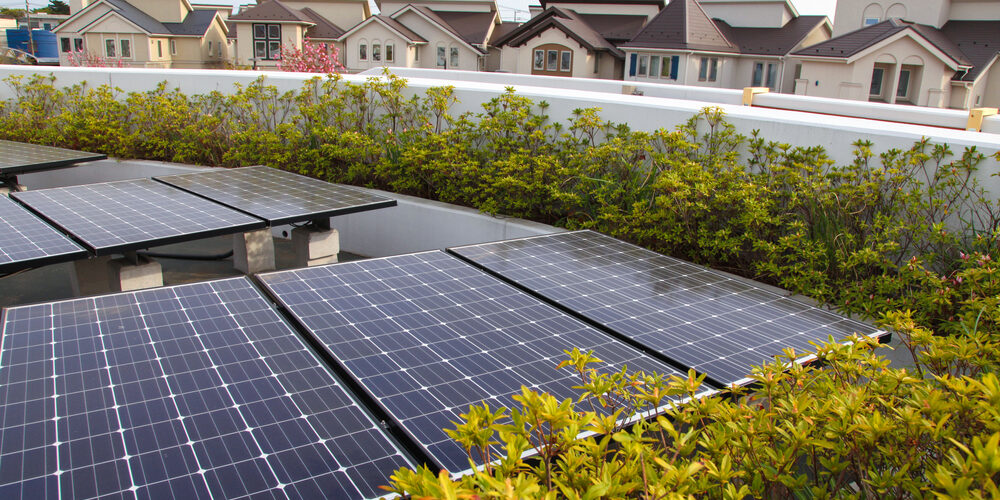Case study: Fujisawa, smart city in Japan

Panasonic has invested in a city near Tokyo that is experimenting with a smart and sustainable city model. Called Fujisawa Sustainable Smart Town, the city offers housing with solar panels, energy storage batteries, LED street lights, transportation services and a community center.
Fujisawa Smart Sustainable City was created with a budget of 740 million dollars by Panasonic, which accepted the challenge of building a smart city from scratch.
The Fujisawa project was created to accommodate at least 3,000 people by 2020, but this target has not been reached even now, with the city being inhabited by approximately 1,000 people. Certainly the high cost of a house plays an important role in this aspect. Homes in Fujisawa cost nearly $500,000.
With the construction of the Fujisawa SST Smart City, Panasonic aims to reduce carbon dioxide emissions. The goal of this smart city project is to make it as sustainable as possible and to provide a high quality of life and services. To reduce its carbon footprint, the city offers electric car rentals. In addition, the street lights have smart sensors that are activated by the approach of vehicles and pedestrians, all to reduce energy consumption.


